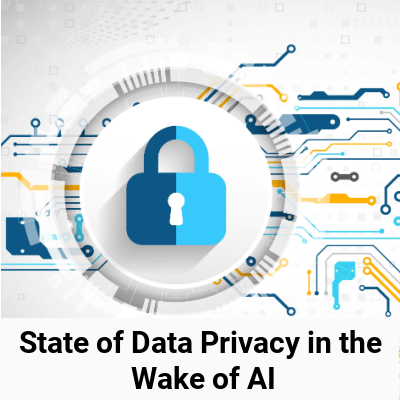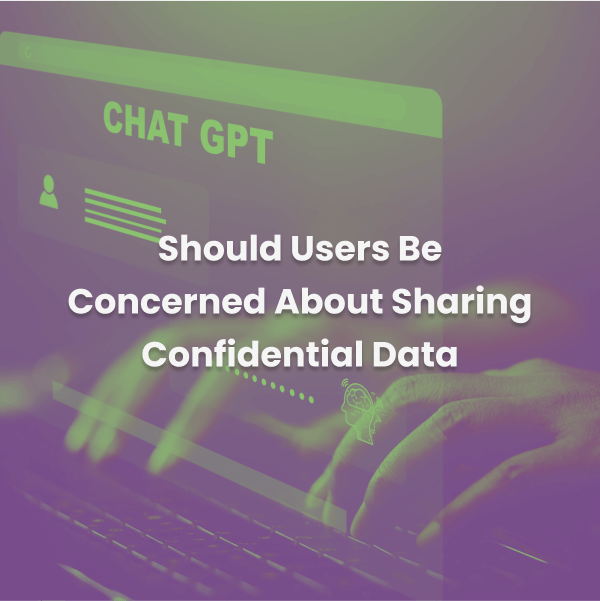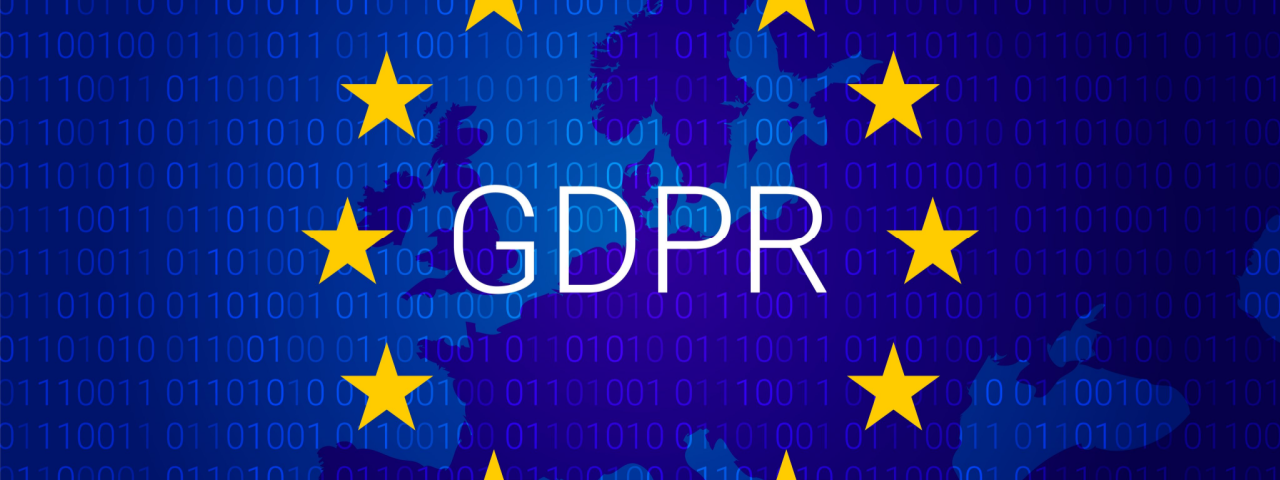Data Privacy Day, officially led by the National Cyber Security Alliance, commemorates the 1981 signing of Convention 108, the first treaty to deal with privacy and data protection on an international scale. The holiday serves as a wonderful excuse for global citizens and privacy professionals alike to share their expertise, ideas, and concerns regarding privacy.
In honor of Sunday’s little-known but incredibly important holiday, here are 7 things you probably didn’t know about privacy:
Privacy is a relatively modern concept. Most houses lacked walls separating their rooms until the development of the brick chimney and the support beams it required. Talk about close quarters!
Although the word “privacy” never appears in the U.S. Constitution, it’s a foundational concept of the First, Fourth, and Fifth Amendments. When Justice Douglas wrote that “various guarantees” in the Constitution “create zones of privacy” in 1965, the Supreme Court officially recognized privacy as a constitutional right.
- Surveillance isn’t just for cops or the NSA anymore. According to a 2017 study, 60% of organizations use data on employee personal devices for analytics purposes. And 83% of people from these companies are concerned with how it’s being used.

The Apple Health App comes preinstalled on iPhone 6S and onward. Using data captured through the app, the German police correlated health and geo-data for the first time earlier this month, using elevation tracking to confirm speculation during a murder investigation.
There were almost 1,000 recorded cyberattacks in 2017, exploiting everything from password-free back-up drives (which revealed TSA documents discussing airport security lapses) to missed software updates (which led to the catastrophic Equifax breach).
While the presence of security cameras are shown to prevent crime—Chicago, for instance, found that cameras saved the city $4.30 for every dollar spent—they are not always properly managed. A University of Toronto study found that approximately 70% of video surveillance networks do not comply with federal surveillance laws.
The EU recently evolved their data privacy requirements by passing the General Data Protection Regulation (GDPR) which goes into full effect this May. As the most comprehensive regulation of its kind, it will enhance requirements for data transfer, management, and retention. EU residents will soon have the right to request their personal information found and deleted by any organization. It is unclear as of yet whether the US will follow suit.
Privacy is about more than a good firewall—it’s about knowing who has your data and what they’re doing with it. In honor of Data Privacy Day, it’s time to ask yourself one question: do you feel secure?



